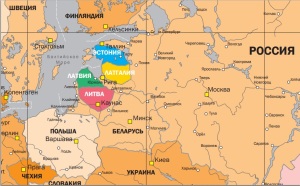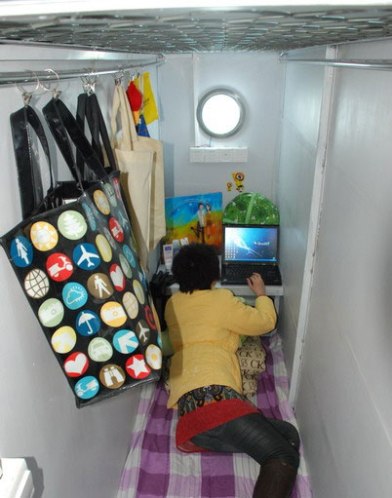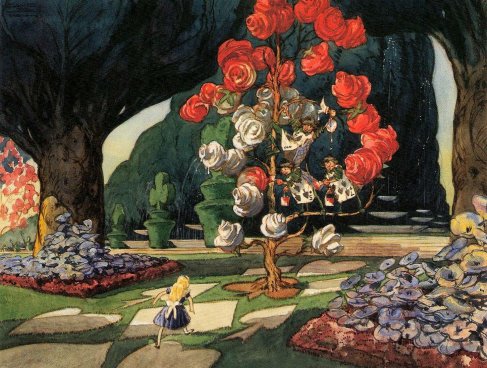A demonstration against joint military exercise between Sweden and NATO is being organized in Umeå. Two years ago I would have supported that cause, but the world has changed radically since then. Things that used to be improbable are a reality, and what used to be unthinkable has become possible.
I am speaking of Russian aggression. Moscow rulers have started a war in Europe, occupied parts of Ukrainian territory, leaving thousands dead and almost two million people displaced. Kremlin threatens to continue aggression.
Sweden’s tradition of neutrality is a long, but not a proud one. In the Second world war Sweden decided not to take sides, and to see who would win, in the end. In the mean time, Swedish capitalists got rich trading with Germany, selling, among other things, iron ore that was critical for the German war machine
However, neutrality is only worth anything if the country is able to defend itself. Recently a few Russian planes attempted to fly by Swedish airspace, and were repelled by the Swedish fighters. A considerable improvement! Because earlier this year when Russian planes approached Sweden, Swedish pilots were on leave and there was no one to get into the air. If attacked, Sweden should count on the support of NATO countries, but it would be fair if Sweden assume the responsibility
Sweden should learn the lessons from Ukraine. Ukraine was a neutral country too, but that did nothing to stop Russian aggression. Well, there was an expression of deep concern, so that’s that.
The problem with democratic countries is that they do not get to choose when to go to war: Ukraine sure did not want to be attacked. The advantage with democracies is that they share similar values, and stand for each other. Or at least are supposed to. It is a thing called solidarity.
Well, an attack on Sweden seems not very likely, at least at this time. A more probable scenario would be an attack on the Baltic countries: in the mind of Kremlin rulers, destroying the Baltic states might give them a great strategic advantage, and scare the rest of Europe into agreeing with Moscow’s demands, and probably destroy the European Union, which is a long-term goal of the Kremlin.
Here is one possible scenario for new Moscow’s aggression. A swift attack on the Baltic states would force Europe accept the new status quo, and will not leave the NATO time to react. This image from an article written by an analyst for the Kremlin propaganda agency “Russia Today”.
NATO has an obligation to defend the Baltic states, but in Kremlin’s mind a quick attack might leave NATO no time to react. And Sweden, due to her neutrality, does not have an obligation to protect the Baltic states. More than that, many in the Swedish elites prefer Sweden to conserve a neutral stance in the situation of a conflict between the NATO and Moscow, because that would allow them to preserve Swedish investments in Russia and in the Baltics, and trade with Russia, with profit.
The only thing that can deter an aggressor is when he believes that he will be met with resistance. An aggressor needs to see that he would be met with resolve, and be made to pay dearly in case of aggression. Right now, Moscow is laughing at NATO armies, and even more so – of the Swedish army – according to them European armies are run by gays and women, and are worthless.
Yet, showing the resolve to resist an aggressor is the only chance for peace. Anything else is interpreted by the aggressor as a sign of weakness.
It is also very interesting that it is the leftist organizations that are organizing the demonstration of cowardice. It reminds me of the position of the French communists after 1939, who were sabotaging French war efforts, because at that time Stalin was allied with Nazi Germany, and because they wanted the “bourgeois” republic to disappear. They lived to regret this decision when France was quickly defeated by the Germans, and many of them ended up concentration camps. Who knows, maybe if France was able to fight better, the war would have ended sooner, and many millions would have lived?
Right now, Moscow regime is the closest one could get to a classical fascist state. It is a militarized dictatorship, that has adopted nationalist ideology and conservative values, and is conducting and aggressive war for the purpose of territorial expansion. NATO has the potential to become core of the new anti-aggressor alliance – and that is because most of the countries in it share same values, and have the solidarity to stand together.
Sweden could choose to demonstrate its commitment to democracy and peace by joining the alliance against the aggressor. Still, in the world politics there is no law against cowardice. There is nothing to prohibit Sweden from sticking to its neutrality. In the end, you don’t really need to defend values or have solidarity – many peoples live without them – especially if it is also profitable.
But there is no honor in it either.



